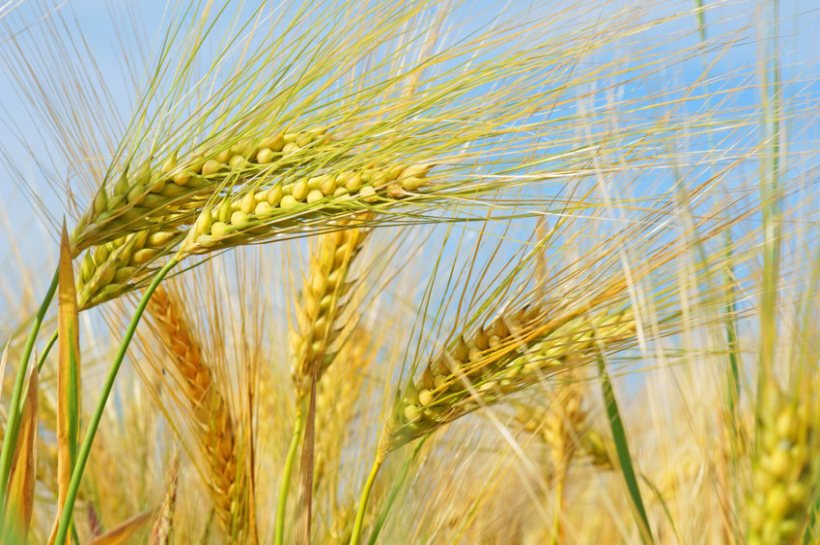Gene-editing bill 'threatens rights' of small-scale farmers, union says

The Landworkers' Alliance (LWA) has demanded the government amend its gene-editing bill or risk the rights and livelihoods of small-scale ecological farmers.
The LWA, a grassroots union of smaller, agroecological farmers, said it was 'deeply concerned' over the impact of the new Genetic Technology (Precision Breeding) Bill.
The bill, which has its second reading in parliament on Wednesday (15 May), will relax existing rules around the use of gene editing technology.
The post-Brexit law change means that scientists will be able to undertake research and development using the technique, which is banned in the EU.
But the LWA has warned that the government was ignoring its own research into public attitudes towards labelling of products altered by genetic technology. The Bill contains no provision for labelling.
The union is one of thirty signatories to a joint statement from UK civil society urging MPs to take steps to amend and strengthen the draft Bill.
Jyoti Fernandes, LWA's policy coordinator, said the bill had ethical, environmental, and regulatory issues that would affect small-scale farmers.
“The government is ignoring valid concerns in its vainglorious desire to demonstrate its independence from the European Union," she said.
"This Bill erodes farmers’ rights to know whether their seeds and feed have been tampered with, and all of our rights to know how our food is produced so we make the best choices for our families and the future of the planet.”
The Bill, introduced to parliament on 25 May, would remove regulations on precision bred organisms (PBOs) – plants and animals that have been modified using gene-editing – while maintaining existing regulations on genetically-modified organisms (GMOs).
This deregulation of new gene-editing technologies could increase the risk of contaminating agroecological and organic crops, the LWA warned.
The Bill also makes no requirements for how new gene-edited varieties would be labelled, which the union criticised for 'lacking traceability and transparency'.
Gerald Miles, a member of the LWA coordinating group and an organic farmer in Wales, said gene-editing and precision breeding were "weasel words to describe ways of genetically modifying organisms."
"[This] is unnecessary when we have an abundance of heritage crops and new methods of improving soil quality, such as using nitrogen-fixing crops, rather than pesticides.
"Food security is a priority in the UK, and diversity of crops is what will make food production secure in the UK and recover the biodiversity lost by intensive monoculture farming, not more genetically-modified food and feed.”








